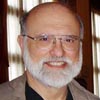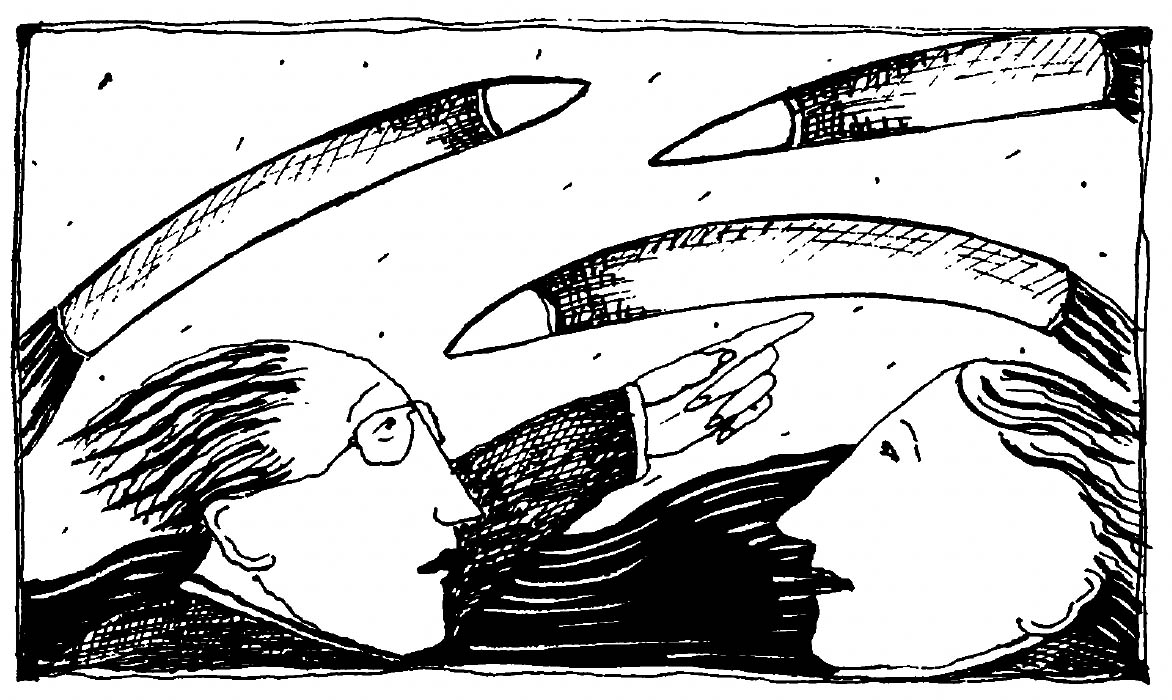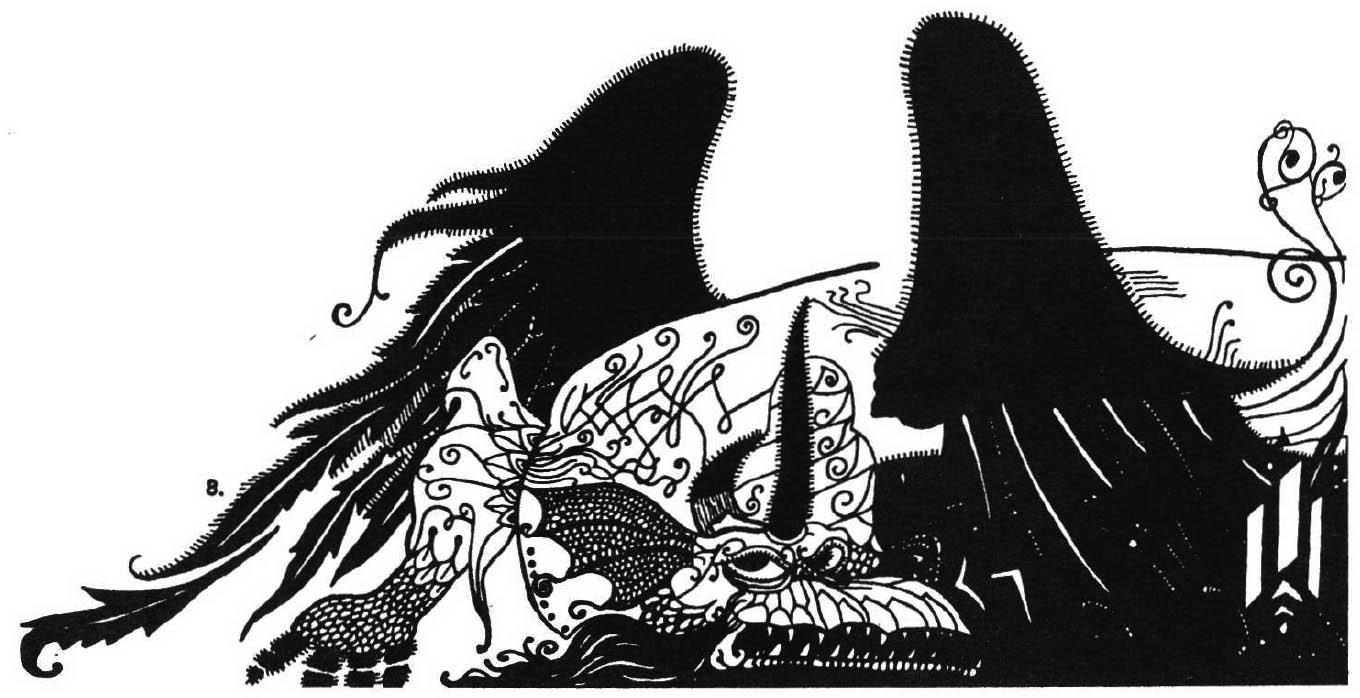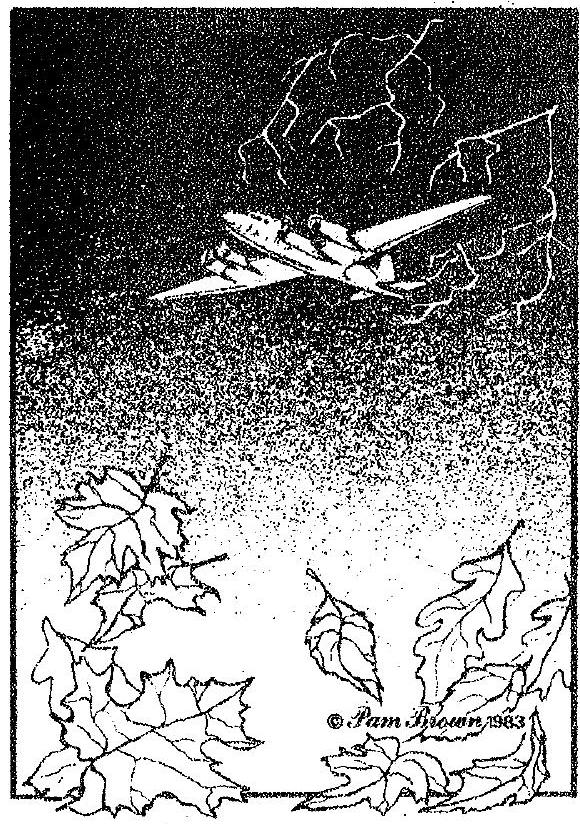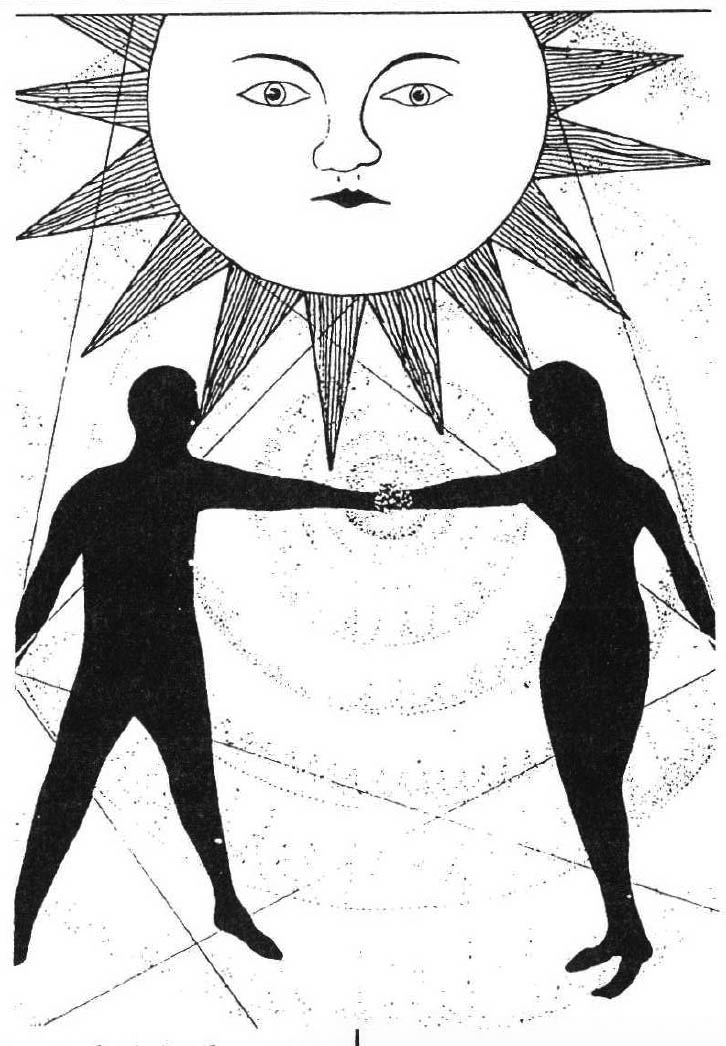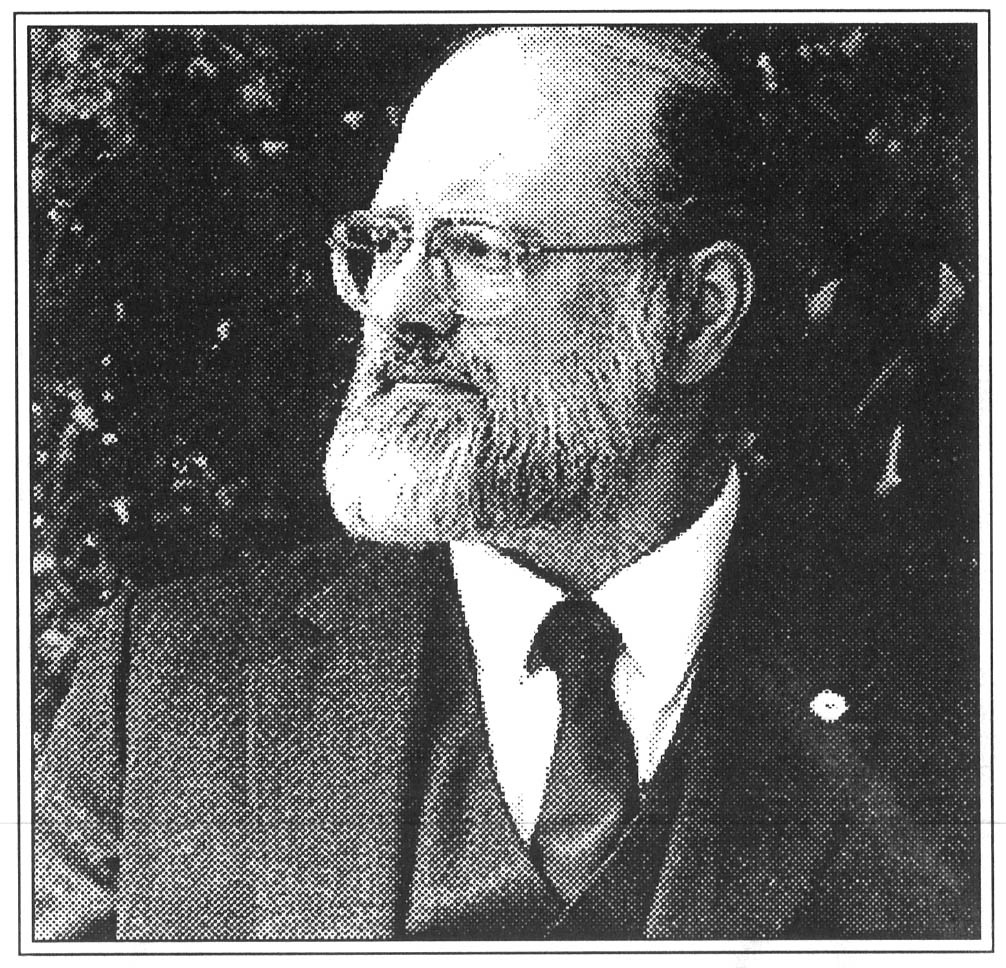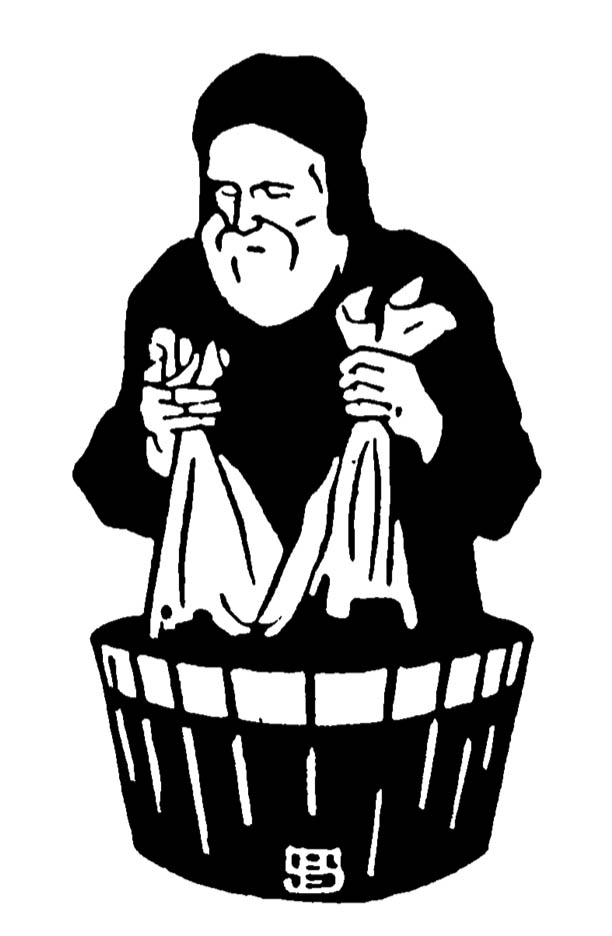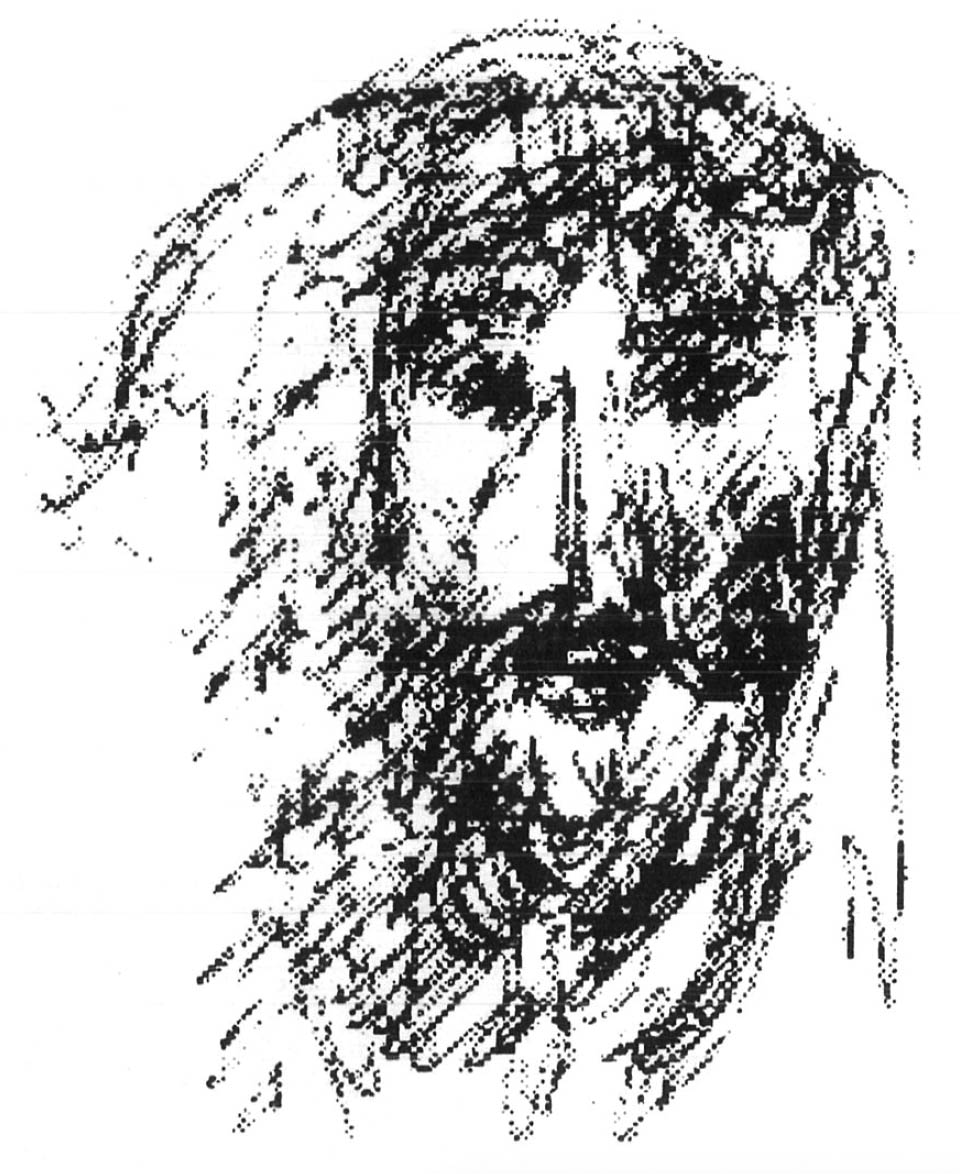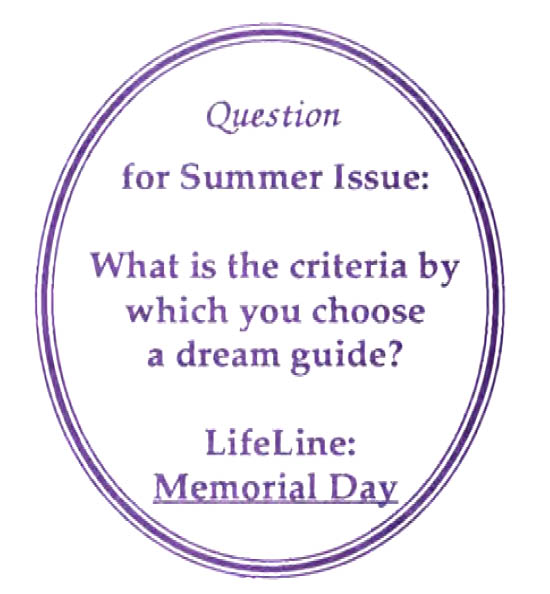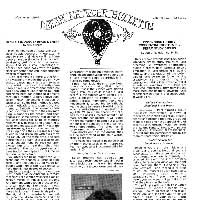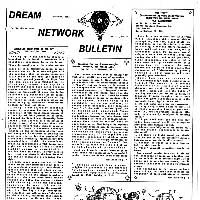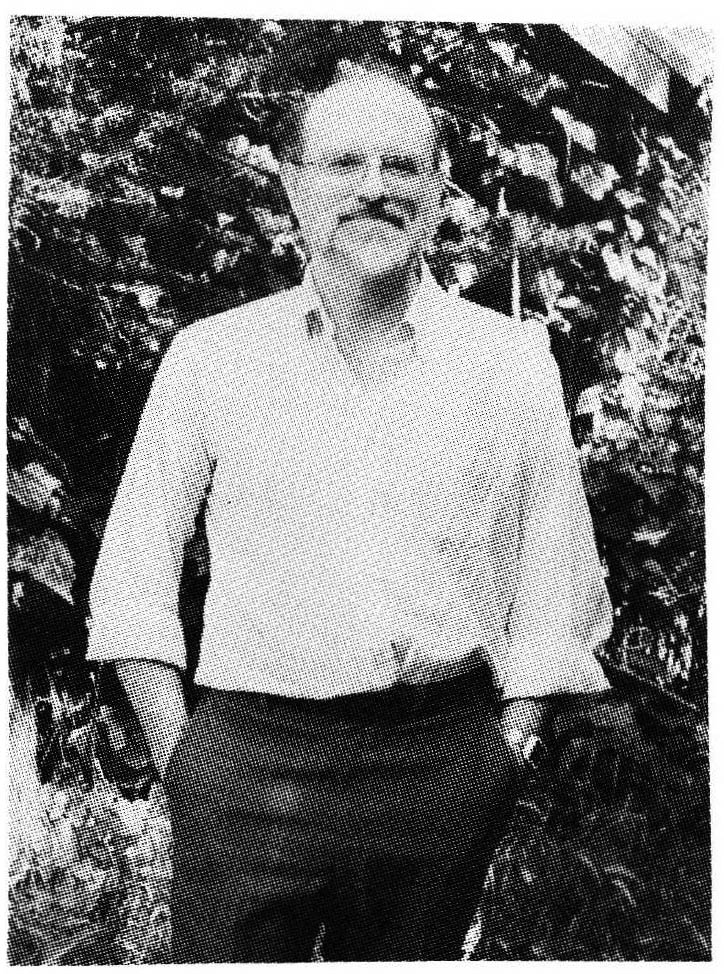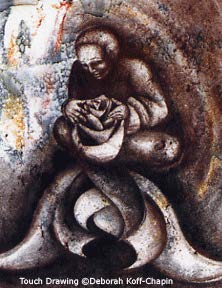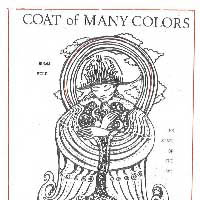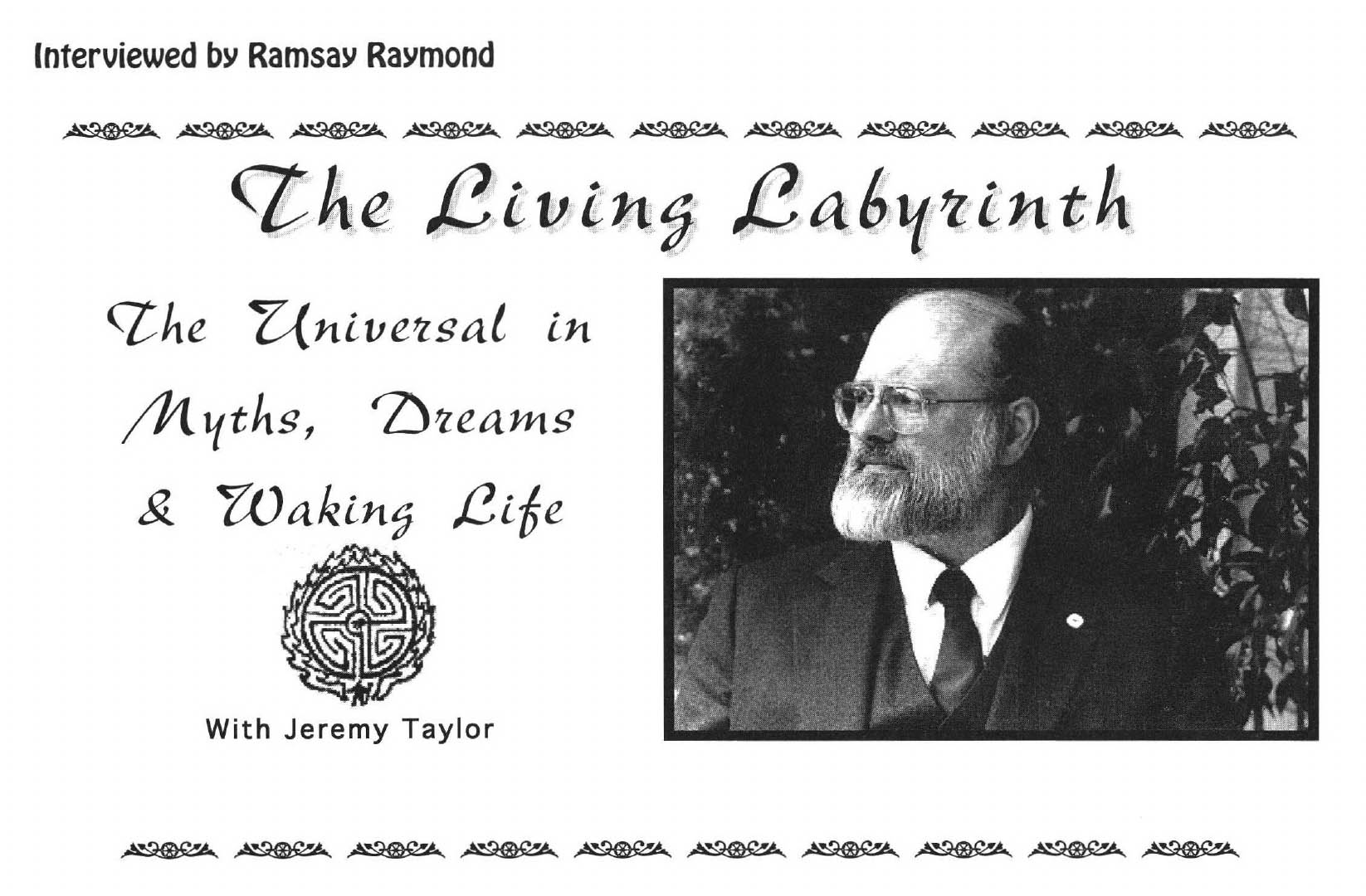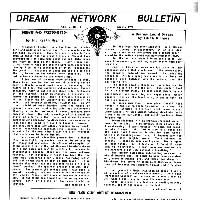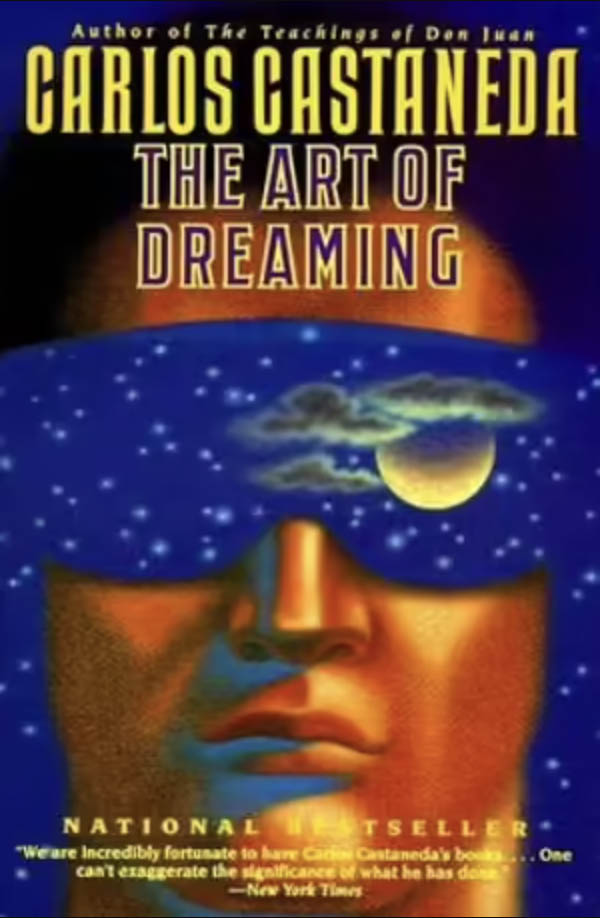
After a silence of several years, Carlos Casteneda has let another veil fall, seductively revealing a little bit more of his extraordinary practice of conscious, "lucid" dreaming. Is The Art of Dreaming a work of fiction, or a factual account? It doesn't matter. Perhaps, like Deena Metzger imagining her own version of Pablo Neruda to serve as her interior poetic mentor, Carlos Casteneda has "made up" don Juan Matus and the fascinating magical events with which he regales us out of his academic anthropological knowledge of the indigenous cultures of central Mexico. If so, he deserves full credit for holding our attention with this one evolving story for twenty years, to say nothing of inventing detailed incubation practices which do, in fact, produce something like the lucid dream states he so carefully describes. If not, he deserves equal credit for providing us with such detailed and emotionally rich ethnographic "participant/observer" accounts. His "tales of power" confirm the universal, archetypal quality of his contemporary Yaqui shamanic practices. All of his "sorcerer's stories" have their clear parallels with other developed traditions of shamanic lucid dream practice, such as those of the Tibetan Buddhists and the Eskimo "angakocks".
Even for people who have read his earlier works, the story picks up and ends mysteriously and abruptly. The author has learned a great deal, but he still clings to his eternal question: are the exotic things he experiences and recounts "mere hallucinations", or are they real? The evidence piles up ~ they are ~ they have clearly observable and verifiable effects in the physical waking world - but still he has doubts. He has shared these doubts with us before, and will again. He informs us early in the book that there are "Seven Gates of Dreaming", but in The Art of Dreaming, he only takes us up to the first four.
For evolving lucid dreamers who search Casteneda's works for practical suggestions about how to improve and extend their own conscious interactions in the dream world, there are many hints and useful, detailed stories. For those interested in comparisons, two other "pupils of don Juan", Florinda Donner and Teisha Abelard have both published books recently which tell similar, useful, interesting, almost interlocking stories. Are they all three co-conspirators in a literary hoax? Perhaps, but even more importantly, their stories awaken keen emotional and intellectual interest and offer new tales in that ancient and noble genre, the spiritual adventure story, Either way, what Carlos Casteneda does in this book is to awaken our longings for something greater and deeper than the mundane materialistic view of our lives. He invites us to identify in a deep and emotionally alive way with a culture and a traditional spiritual worldview that is very different from our own.
I found myself wishing that he would address some of the universal aspects of the sorcerer's secrets he discovers, but apart from a few hints, the experiences are presented without any interpretation. At one point, Don Juan says that the way "the inorganic beings" trap dreamers with their "gifts of knowledge and power" reminds him of the European tales of wizards who sell their souls to the Devil. At another point Casteneda himself remarks that "a psychiatrist would have a field day" examining the symbolic levels of his dreams. These brief glimpses of possible larger frameworks of understanding and interpretation are not developed. Instead Casteneda structures his narrative with his repetitive and ultimately unsuccessful attempts to define and maintain "objectivity" in greater worlds of dreaming where the familiar and limiting assumptions of Western science and rationality simply do not apply.

